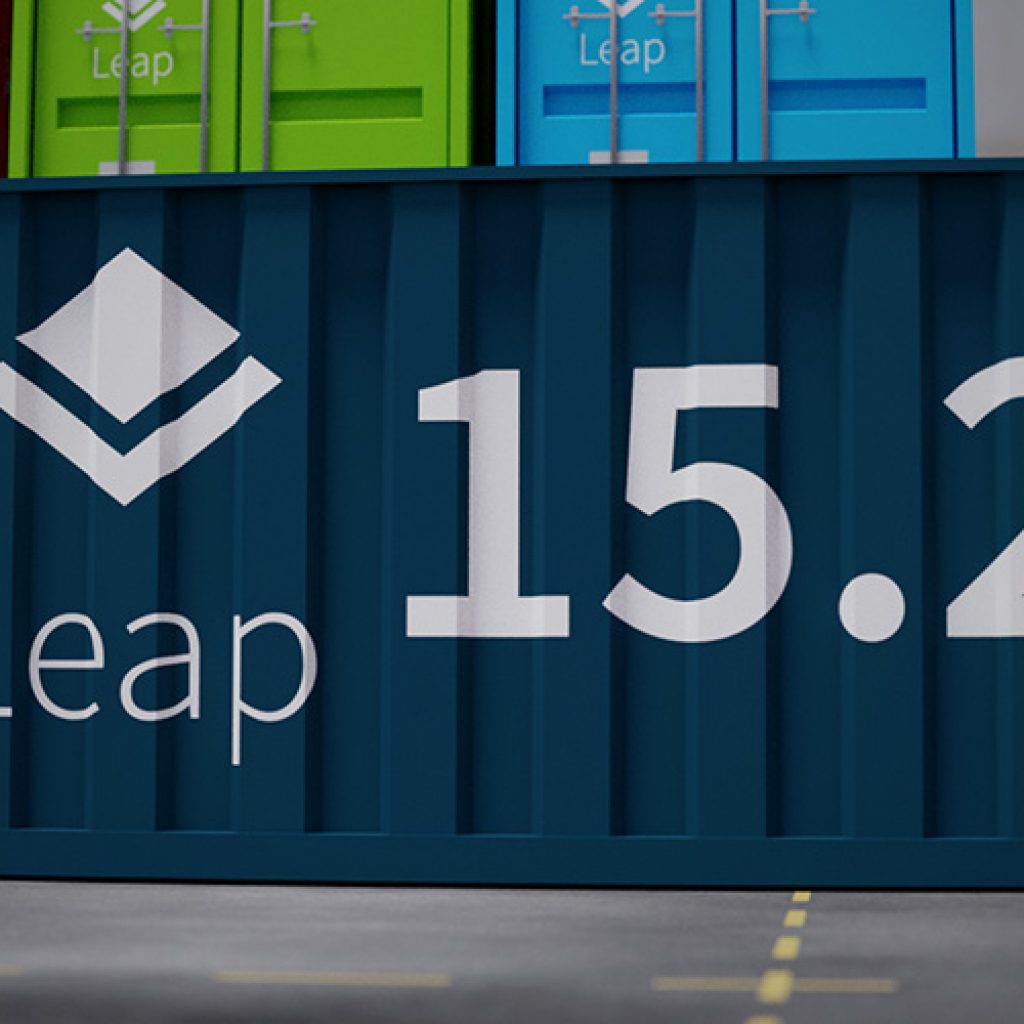The openSUSE team announced the release of community-developed openSUSE Leap 15.2.
openSUSE Leap 15.2 release provides security updates, bug fixes, network enhancements, and many new features for openSUSE users. It supports workloads on x86-64, ARM64 and POWER systems. openSUSE team also announced that Leap 15.2 represents a huge step forward in the Artificial Intelligence space. With this release, openSUSE end-users can now finally consume Machine Learning / Deep Learning frameworks and applications. The team also announced that Kubernetes is an official package in the release for the first time, which improves container orchestration capabilities and allows users to automate deployments, scale, and manage containerized applications.
New features
- Tensorflow: A framework for deep learning that can be used by data scientists, provide numerical computations and data-flow graphs. Its flexible architecture enables users to deploy computations to one or more CPUs in a desktop, server, or mobile device without rewriting code.
- PyTorch: Made for both server and compute resources, this machine learning library accelerates power users’ ability to prototype a project and move it to a production deployment.
- ONNX: An open format built to represent machine learning models, provides interoperability in the AI tool space. It enables AI developers to use models with a variety of frameworks, tools, runtimes, and compilers.
- Grafana and Prometheus are two new maintained packages that open up new possibilities for analytical experts. Grafana provides end users the ability to create interactive visual analytics. Feature-rich data-modeling packages: Graphite, Elastic and Prometheus give openSUSE users greater latitude to construct, compute and decipher data more intelligibly.
